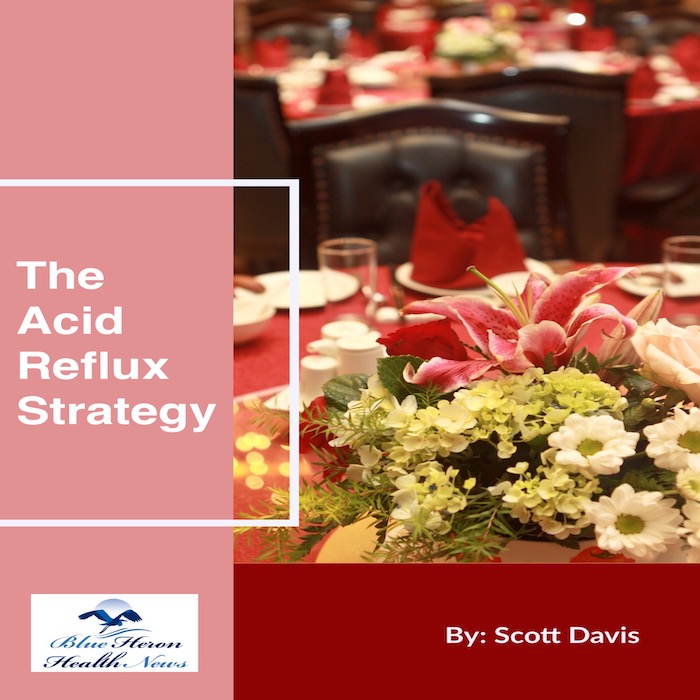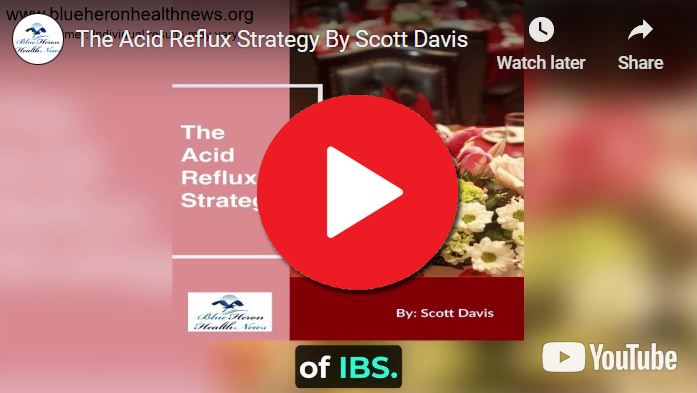
Acid Reflux Strategy™ By Scott Davis According to this eBook, you can start removing the symptoms of acid reflux and other similar problems just by making some changes in your diet, levels of stress, and lifestyle. It will guide you on how to change from the combination of food items to the sleep positions to relieve your problems. It also includes a list of food items you should focus on while shopping for it to find a natural treatment for your symptoms.
How effective are proton pump inhibitors (PPIs) in treating acid reflux in American patients?
Proton pump inhibitors (PPIs) are among the most commonly prescribed medications for treating acid reflux, or gastroesophageal reflux disease (GERD), in American patients. They are widely recognized for their effectiveness in reducing stomach acid production and managing GERD symptoms. Here’s a detailed overview of the effectiveness of PPIs in treating acid reflux, including their mechanism of action, benefits, potential side effects, and considerations:
1. Mechanism of Action
PPIs work by irreversibly blocking the hydrogen-potassium ATPase enzyme system, commonly known as the proton pump, in the stomach lining. This enzyme is responsible for secreting hydrochloric acid into the stomach. By inhibiting this process, PPIs significantly reduce the production of gastric acid, which in turn reduces the acidity of the stomach contents and minimizes the likelihood of acid reflux into the esophagus.
2. Effectiveness in Treating GERD Symptoms
a. Relief of Heartburn and Acid Regurgitation
- Symptom Control: PPIs are highly effective in relieving the primary symptoms of GERD, such as heartburn and acid regurgitation. They provide more sustained acid suppression compared to other medications like antacids and H2 receptor antagonists (H2RAs).
- Onset of Action: Although PPIs may take several days to reach their full effect, many patients experience significant symptom relief within the first few days of treatment.
b. Healing of Esophagitis
- Erosive Esophagitis: PPIs are particularly effective in healing erosive esophagitis, which is inflammation and damage to the esophageal lining caused by chronic acid exposure. Studies have shown that PPIs can heal esophagitis in up to 90% of patients after 8 weeks of treatment.
- Maintenance Therapy: For patients with severe or recurrent erosive esophagitis, maintenance therapy with PPIs can help prevent relapse and manage symptoms long-term.
c. Management of Extraesophageal Symptoms
- Atypical Symptoms: In addition to typical GERD symptoms, PPIs can also help manage extraesophageal symptoms such as chronic cough, laryngitis, and asthma that may be associated with acid reflux.
3. Comparative Effectiveness
a. Superior Acid Suppression
- Compared to H2RAs: PPIs provide superior acid suppression compared to H2RAs, making them the preferred treatment for moderate to severe GERD. They maintain acid suppression for a longer duration and reduce gastric acidity more effectively.
- Long-term Use: For chronic GERD patients, long-term PPI therapy is often more effective in controlling symptoms and preventing complications compared to other treatments.
4. Considerations and Limitations
a. Side Effects and Risks
- Common Side Effects: While generally well-tolerated, PPIs can cause side effects such as headache, nausea, diarrhea, abdominal pain, and constipation.
- Long-term Risks: Concerns have been raised about potential risks associated with long-term PPI use, including:
- Nutrient Deficiencies: Reduced stomach acid can impair the absorption of certain nutrients, such as vitamin B12, magnesium, and calcium, potentially leading to deficiencies and associated health issues.
- Bone Fractures: Some studies suggest a possible association between long-term PPI use and an increased risk of bone fractures, particularly in older adults, due to impaired calcium absorption.
- Kidney Disease: Emerging evidence indicates a potential link between prolonged PPI use and an increased risk of chronic kidney disease (CKD) and acute kidney injury.
- Infections: Reduced stomach acid can increase the risk of gastrointestinal infections, such as Clostridium difficile, and potentially pneumonia due to alterations in gut flora and reduced acid barrier function.
b. Tolerance and Rebound Acid Hypersecretion
- Tolerance: Unlike H2RAs, PPIs do not generally lead to tolerance, meaning their effectiveness does not diminish significantly over time.
- Rebound Acid Hypersecretion: Discontinuation of PPI therapy can lead to rebound acid hypersecretion, a temporary increase in stomach acid production, which may exacerbate symptoms. Gradual tapering of the dose, rather than abrupt cessation, is recommended to mitigate this effect.
c. Appropriateness of Use
- Indications for PPI Therapy: PPIs are most appropriate for patients with confirmed GERD, especially those with erosive esophagitis, Barrett’s esophagus, or other complications. They are also used for conditions like Zollinger-Ellison syndrome and as part of the treatment regimen for Helicobacter pylori infection.
- Overuse Concerns: There is concern about the overuse of PPIs, particularly for mild or non-specific symptoms. Overprescribing can expose patients to unnecessary risks without clear benefits. It is essential for healthcare providers to ensure that PPI use is appropriate and based on a thorough clinical evaluation.
Conclusion
Proton pump inhibitors are highly effective in treating acid reflux, particularly in managing symptoms, healing esophagitis, and preventing complications associated with GERD. They offer superior acid suppression compared to other classes of acid-reducing medications and are a mainstay in the treatment of moderate to severe GERD. However, their use must be carefully considered, especially for long-term therapy, due to potential side effects and associated risks. Healthcare providers should assess the necessity and appropriateness of PPI therapy for each patient, balancing the benefits with potential risks, and provide guidance on proper use, including strategies for tapering off the medication if needed.
Acid Reflux Strategy™ By Scott Davis According to this eBook, you can start removing the symptoms of acid reflux and other similar problems just by making some changes in your diet, levels of stress, and lifestyle. It will guide you on how to change from the combination of food items to the sleep positions to relieve your problems. It also includes a list of food items you should focus on while shopping for it to find a natural treatment for your symptoms.
